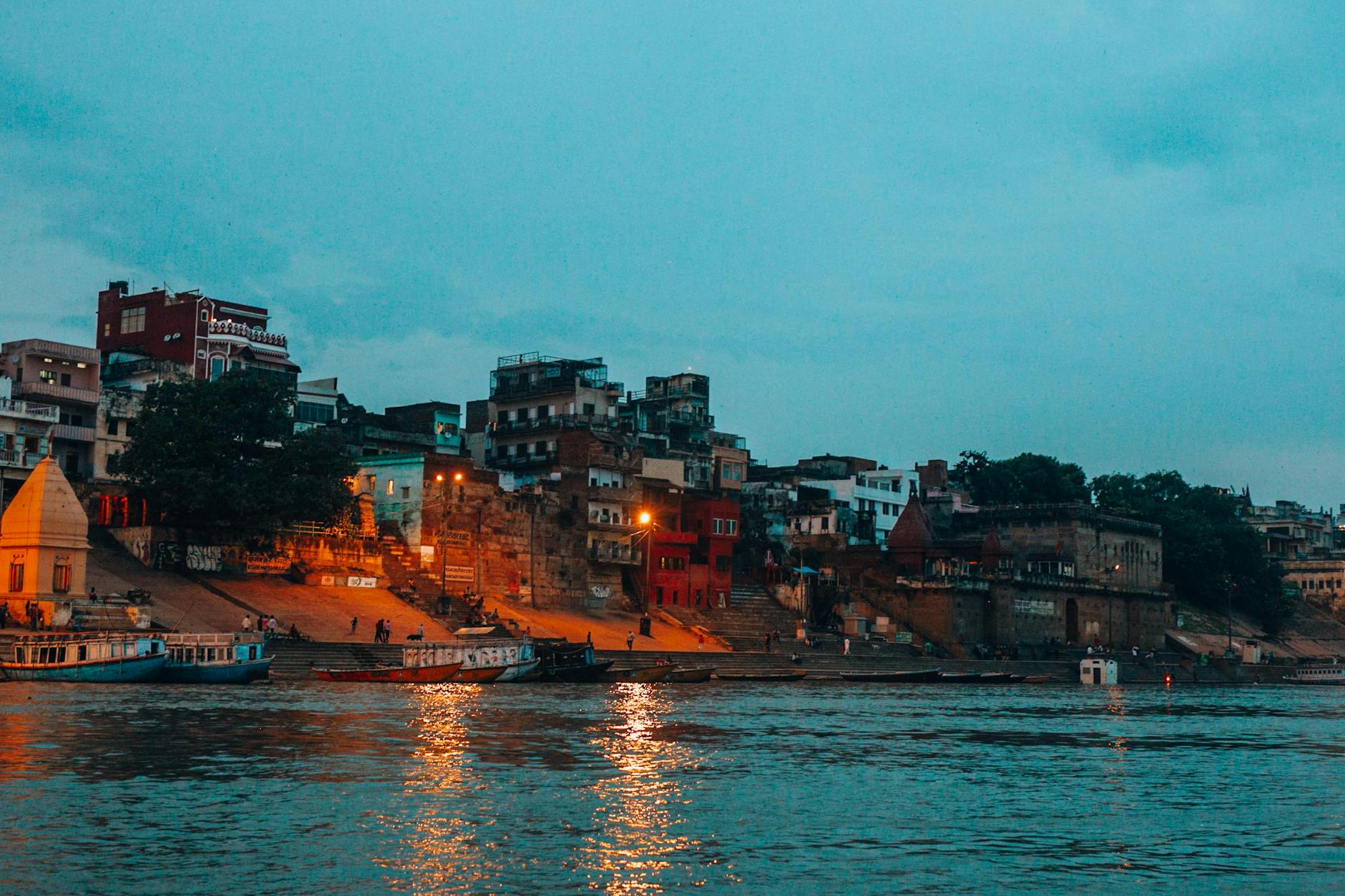India Might Be Tweaking the Ganga Water Deal with Bangladesh—Here’s Why It Matters
Let’s Talk About the Ganga Treaty
So, back in 1996, India and Bangladesh signed this big deal—the Ganga Water Treaty—to share the river’s water fairly. It’s been working okay, but here’s the thing: the treaty’s up for renewal in 2026, and word is India wants to change some terms. That’s got Bangladesh sweating. And honestly? It’s not just about water. Politics, climate change, and even some old grudges are all mixed up in this.
What’s the Deal with This Treaty Anyway?
Basically, it’s a 30-year agreement that says how much water each country gets during the dry months (January to May). No automatic renewal, no fancy clauses—just a straightforward split. It stopped a lot of fights back in the day, but now? With the deadline looming, everyone’s getting antsy.
Why Is India Suddenly Wanting Changes?
Okay, let’s break it down. First, water’s getting scarcer—thanks, climate change. Monsoons are unreliable, and Indian states like West Bengal are screaming for more water for farms and factories. Then there’s the politics. Bangladesh’s recent chummy vibes with Pakistan? Yeah, India’s not thrilled. And let’s not forget the river itself—it’s silting up, and the flow’s not what it used to be. So India’s thinking: maybe it’s time for a rewrite.
That Pakistan Angle—Why It’s a Big Deal
Bangladesh and Pakistan shaking hands more these days? India’s side-eyeing that hard. It’s not just about water—it’s about who’s friends with whom in the neighborhood. If Dhaka gets too cozy with Islamabad, Delhi might play hardball on the treaty. Classic power moves.
Why Bangladesh Should Be Nervous
Imagine your entire farming season depending on one river. That’s Bangladesh. Less water means dead crops, thirsty villages, and a tanking economy. They’ve been here before—remember the Farakka Barrage mess in the 70s? Trust is shaky. If India pushes too hard, it could wreck not just this deal but other stuff like trade and infrastructure projects too.
The Domino Effect
This isn’t just about water. Projects like the BCIM corridor? Stuck in limbo if things go south. And if Bangladesh feels cornered, don’t be surprised if anti-India rallies start popping up. Delhi’s “Neighborhood First” policy could take a serious hit.
How’s Bangladesh Reacting?
The government’s playing it cool—publicly hoping for a “fair solution.” But up north, where the Ganga’s water is life, people are protesting. The UN’s waving the “talk it out” flag, and Pakistan? Oh, they’re throwing shade at India’s “water control” like it’s their job. The World Bank might have to step in again—same as last time.
What Could Happen Next?
Option 1: Keep It Mostly the Same
Both sides agree to extend the treaty with minor tweaks. Maybe India promises a minimum flow to Bangladesh during dry spells. Everyone breathes a sigh of relief.
Option 2: New Terms, New Fights
India says, “We need more water,” and Bangladesh hits back by stalling joint projects or taking it to international courts. Drama ensues.
Option 3: Total Breakdown
Talks fail, India builds dams anyway, and suddenly we’ve got another Indus Waters Treaty mess on our hands. Not great for regional peace.
Bottom Line
This treaty isn’t just paperwork—it’s a test of whether India and Bangladesh can keep it together. Sure, India’s got real water worries, but strong-arming Dhaka could backfire big time. The smart move? Talk it out, find a balance, and maybe—just maybe—keep South Asia from blowing up over a river. The world’s watching.
Source: Navbharat Times – Default










